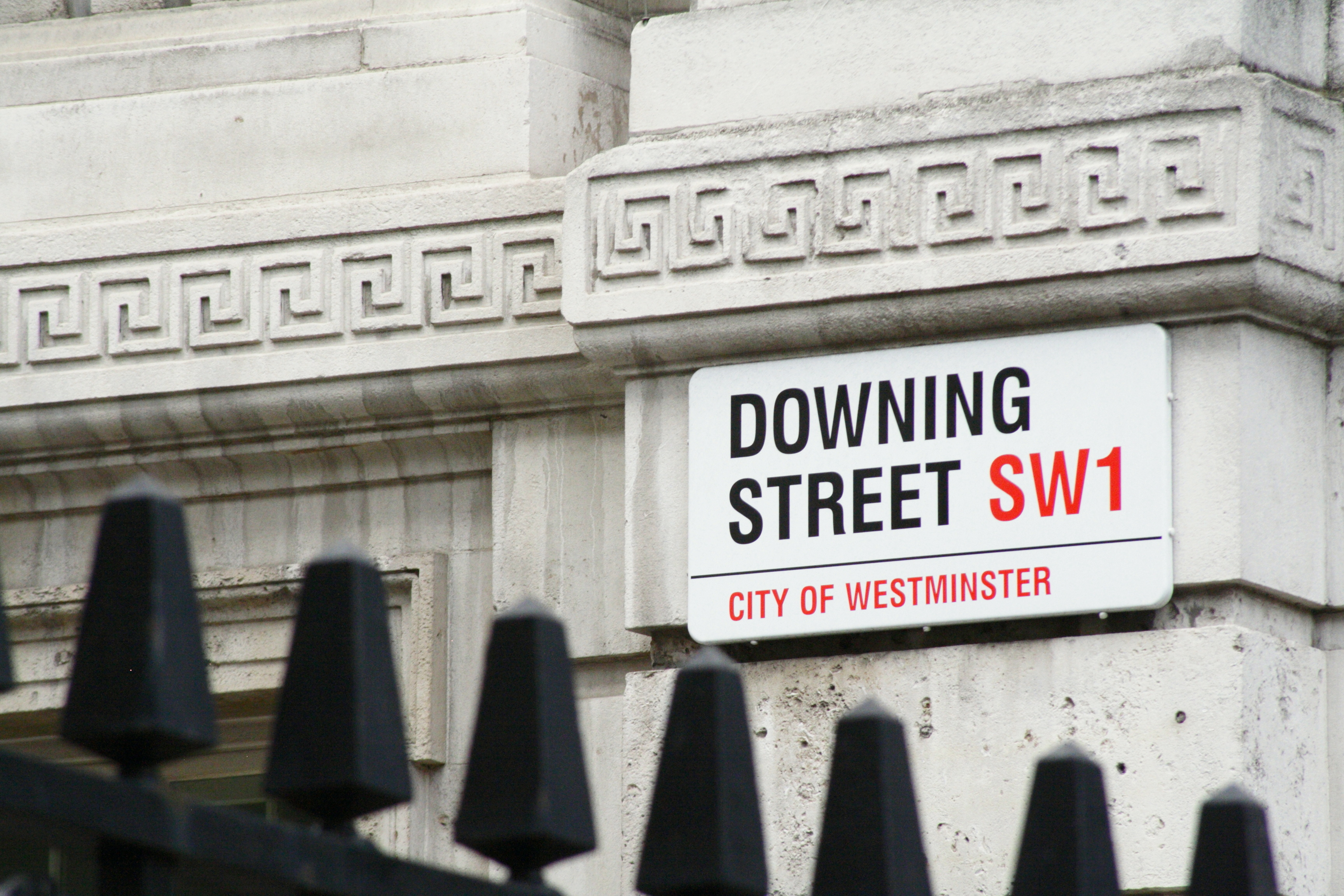
In their first head-to-head TV debate last night (Monday 25 July), the two contenders to be the next Conservative Party leader and therefore prime minister had sometimes fractious exchanges about the economy and taxes – with trade referenced across the televised discussion.
BBC TV’s The Next Prime Minister featured foreign secretary Liz Truss in a live debate with former chancellor of the exchequer, Rishi Sunak, in front of an audience of Conservative voters in Stoke-on-Trent.
The Daily Update listened in (rewinding occasionally) and here presents the trade highlights from the main eight topics that featured in the debate.
1. Trade agreements
Former international trade minister Truss was able to show off her Brexit credentials, declaring that more than “most government ministers”, she had “done more to deliver on the opportunities of Brexit”.
Indeed, since the Brexit referendum took place in June 2016, Truss has “delivered dozens of trade deals. I've pushed through the Northern Ireland Protocol Bill to sort out the issues in Northern Ireland and delivered the tough [Russia] sanctions regime that we couldn’t have delivered if we were part of the EU”.
Sunak meanwhile reminded the audience that he had “supported Brexit – even though I was told it would be the end of my career”.
At the end of the debate, in the quick yes-no question round, both candidates were asked whether the queues last weekend in Dover and Folkestone were “down to Brexit”. Both gave a firm “no” as their response.
2. UK freeports
In the section on levelling-up, freeports was a topic around which former chancellor Sunak felt comfortable, having unveiled eight UK freeports (from the 18 that had applied for the status) in March 2021’s budget.
Promising freeports “that deliver”, Sunak reminded the audience and TV viewers that his parliamentary seat in “North Yorkshire is next to Teeside. I've seen the amazing change that I've helped to deliver … a freeport that's attracted jobs and investment post-Brexit … with new industries such as carbon capture and storage and vaccine manufacturing”.
Truss picked up the low tax zones theme, saying that “levelling-up for me is about changing the Treasury investment rules so they’re fairer across the country.
"It’s about making sure that we unleash private sector investment through low tax zones. We need to get on with those...we need to make sure that the freeports we deliver are deeper."
By way of context, Truss has promised that if she becomes Prime Minister, she will turn brownfield sites and other locations into ‘investment zones’, nicknamed ‘full-fat freeports’.
3. China as a trading partner
When it came to foreign policy, both criticised each other’s record on China, but asked by the BBC whether the candidates would “be willing to damage trade relations with our Number One import partner and number six export partner”, this tough question got no definitive answer.
Liz Truss noted that former chancellor Sunak had been “pushing for a closer trade relationship” with the country “as recently as a month ago” while she herself had led the UK’s “tough approach” to China.
She also said the government should “absolutely should be cracking down” on Chinese companies like Tik Tok. “My view is we should not repeat the mistake we made with Russia of becoming strategically dependent on China... and we're now facing the cost of that in terms of energy,” she said.
4. Ukraine
Both candidates were sked whether they would send the Royal Navy to unblock the Port of Odessa, to allow safe passage for grain exports.
Truss said that while she was “proud of our role in defending Ukraine, she was “not prepared for the United Kingdom to become directly involved in the conflict”, adding that the UK is helping in “areas like maritime insurance...to help get the grain out of Odessa”.
Sunak wanted to “take a step back and recognise that we have put together one of the strongest sets of economic sanctions and that has really hampered Putin's war effort”.
The votes are in...
So how did the candidates fare?
An Opinium poll shows that Conservative voters thought Truss performed better (47% vs 38% for Sunak) whilst Labour voters thought Sunak performed better (41% vs 30% for Truss). A YouGov poll also found that Conservative activists thought that Truss performed better than Sunak by a margin of 50% to 39%.
Next up: the real vote as the winner is chosen by Conservative Party members. Voting closes at 5pm on 2 September, with the winner being announced on 5 September.

